The 9 most frequently asked questions about University4Industry
Answered by our employees
How do we work at University4Industry, what drives us and how do we design training programs? Our employees, who know us and our programs best, will answer the most frequently asked questions about U4I here.
1. Who is University4Industry
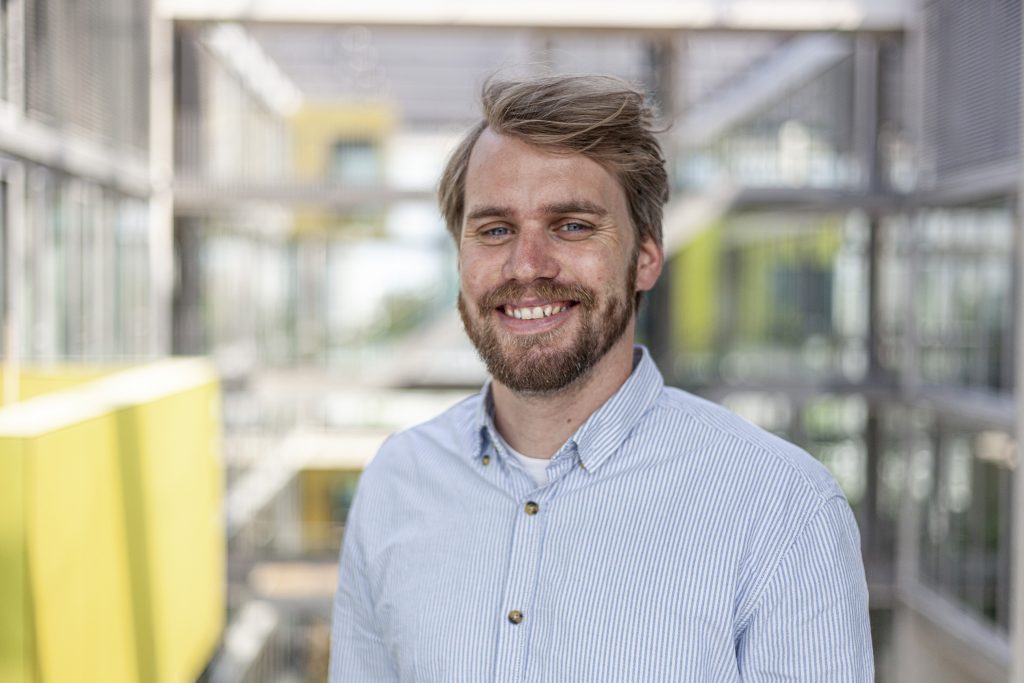
„We are a diverse team of experts from the fields of instructional design, project management, management consulting, pedagogy, and technology. We see ourselves as educational partners of companies that want to tackle the challenges of the future. Our mission is to secure the future viability of companies with reskilling and upskilling.“
Asbjørn Berg Sørensen
2. What exactly do we do at University4Industry?
„We are an education partner for company-specific competence development and thus help our customers to make their employees fit for the challenges of the future and to take action. We focus on target-oriented and varied learning that can be fully integrated into everyday work. “
Anna Vanessa Evertz

3. In which subject areas do we offer training programs?
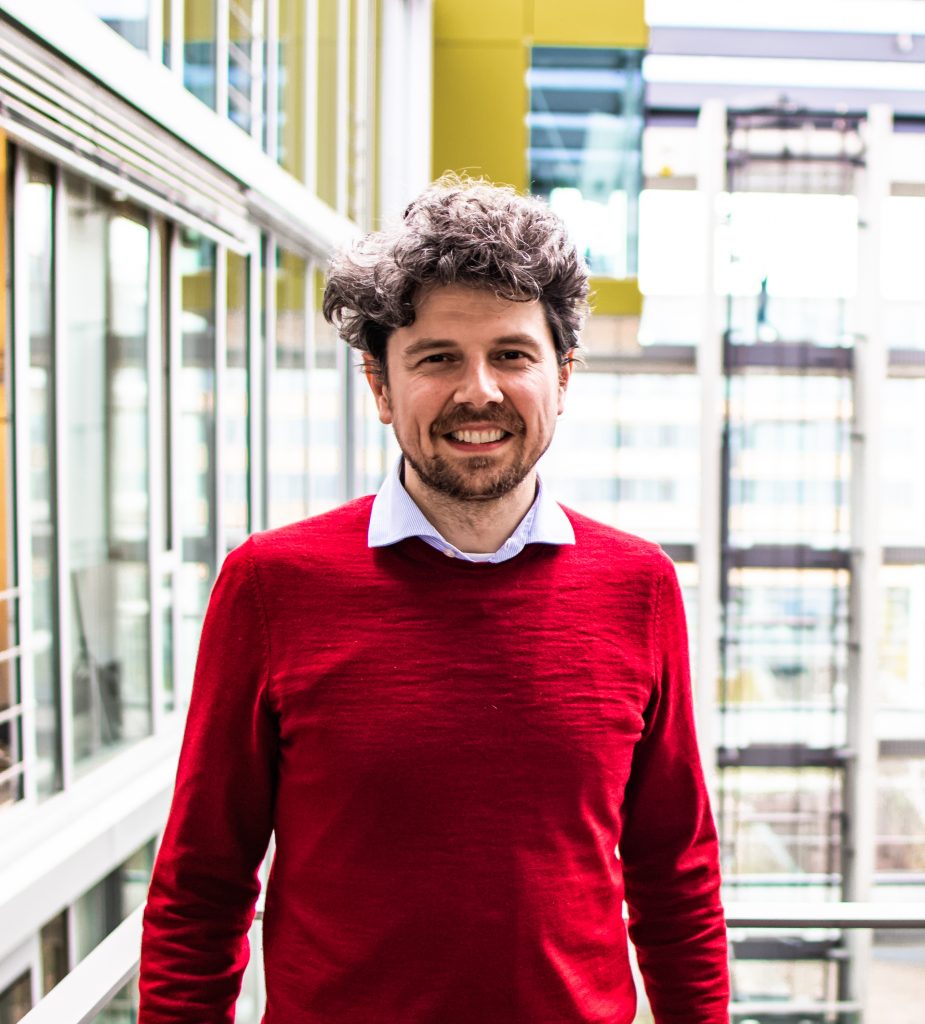
„We support our customers in the development of competencies in the entire area of digital transformation. Our focus is on industry-relevant topics such as data analysis and software engineering, IIoT and digital twin, OT security and machine learning. However, we also accompany customers on topics such as New Work or Supply Chain Management, or support them in gaining an overview of the most important concepts and developments in digitalization. In summary, we offer a broad range of topics that can be tailored to the customer and supplemented with company-specific content.“
Dr. Horatiu Fantana
4. Why do we offer blended learning programs instead of a large eLearning library?
„Our experience with customers shows that both active usage and completion rates are clearly higher by playing out the content as a program than by simply providing a digital knowledge library: While only 1-5% of employees who are provided with a library for further training actually use it, 80-95% of those who have been given the opportunity of a U4I program have also taken it up. Completion rates for programs range from 90-95%; courses in a library are completed by only 5-30% of participants. Our blended learning program approach with the LEDA format (Learn, Explore, Discuss, Act) takes these experiences into account and thus combines the possibilities of eLearning with the requirements of the working reality of employees in companies.“
Harshita Goyal

5. What is the learning experience of the participants in our trainings?

„The learners follow the learning path "LEDA" - Learn, Explore, Discuss, Act - that we developed. We start with the learning itself, in which knowledge is imparted by experts in various formats. We adapt the formats and content specifically to the respective company. Since the best way to remember knowledge is to experience and apply it yourself, we offer digital labs where participants experiment with data, software, and hardware. In addition, there are always challenges that the learners must master. In group discussions, the experiences are then shared, and the knowledge is deepened. In the final step, the employees take direct action: they transfer what they have learned to their own working environment, determine measures, and define projects.“
Taylor Kowalchuk
6. What do company-specific programs look like at our company?
„With our learning portfolio, we have a large pool of knowledge from which we then draw individual parts that are needed for the customer. We also have a partner network of over 250 experts and institutions from which we can provide trainers and content. Furthermore, we develop company-specific learning content and use cases, integrate learning times into the employees' daily work routine and adapt the selection of learning methods to the needs of the target groups. Our learning platform is flexible: we have our own cloud solution with integration into MS Teams, but our program can also be integrated into a customer's existing LMS.“
Dr. Theresa Teerling
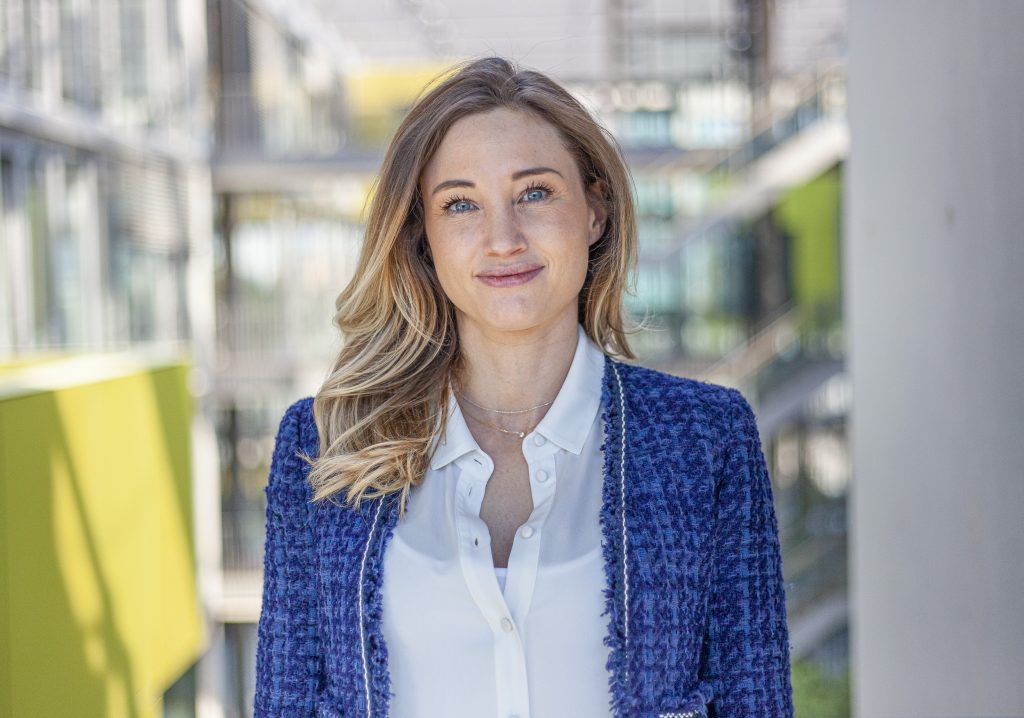
7. What is the role of the ADDIE process in our programs?

„We accompany our clients throughout their reskilling and upskilling process along the ADDIE instructional design model. Depending on the needs, we provide support in varying depth and scope before, during, and after the training program. This includes the definition of target groups and learning objectives, the development of a content-related and pedagogical learning concept as well as the determination of success measures, time frame and formats. After the technical realization and production of the content, the program is set up, we conduct live sessions with experts and accompany the participants and trainers during the courses. Evaluations are carried out in all phases to ensure that the program is successful for the individual employees and for the company as a whole in the long term.“
Dr. Claudia Harms-Schmid
8. From where do we draw the expertise for our content?
„We have a large network of experts at our disposal whom we call upon for individual learning contents. Our largest partners include Microsoft, Fraunhofer Academy, ZVEI, VDMA, Detecon, IDTA, but we also enjoy working with our customers' internal experts. We record learning videos with them, organize live sessions with experts or develop digital labs together with them for the participants to experiment with. By selecting partners from a practical field, we ensure that our learning content has a high level of practical relevance.“
Christian Haake
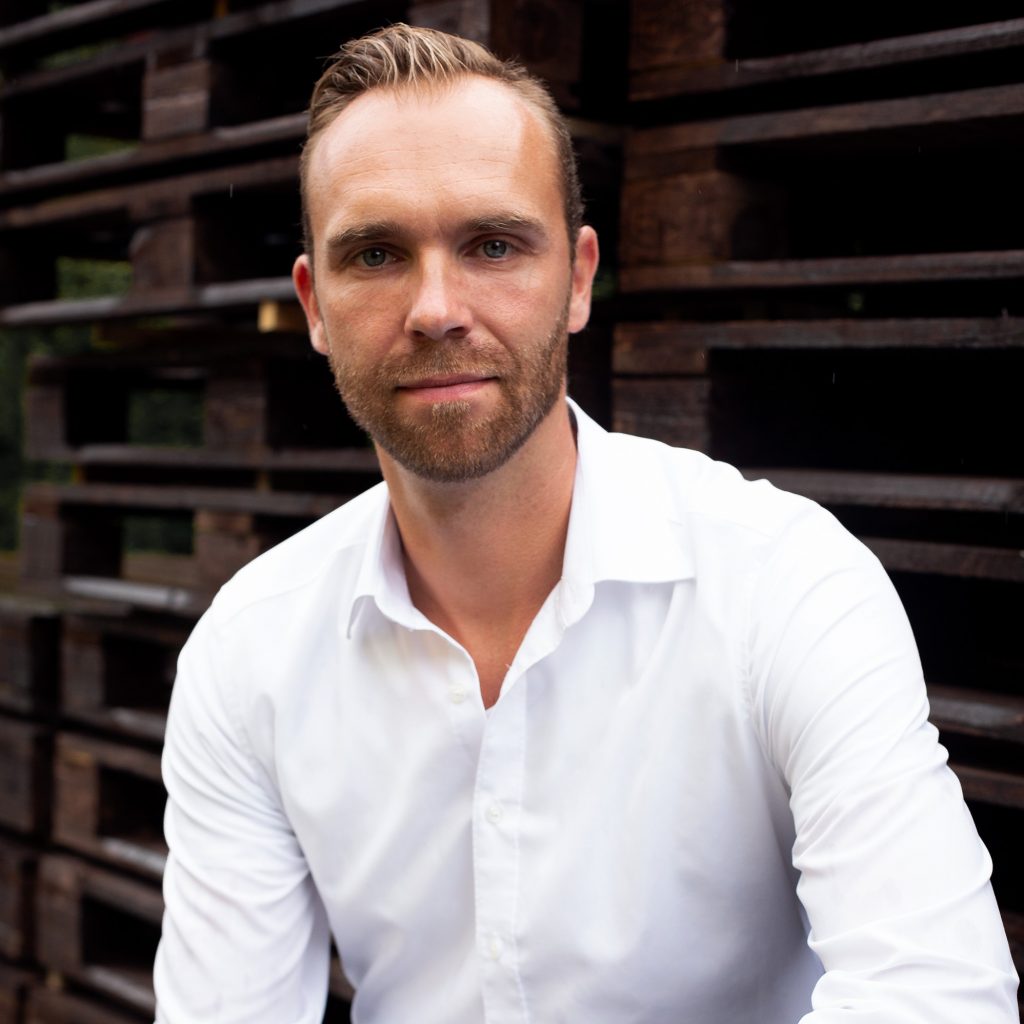
9. Which blended learning formats do we use?
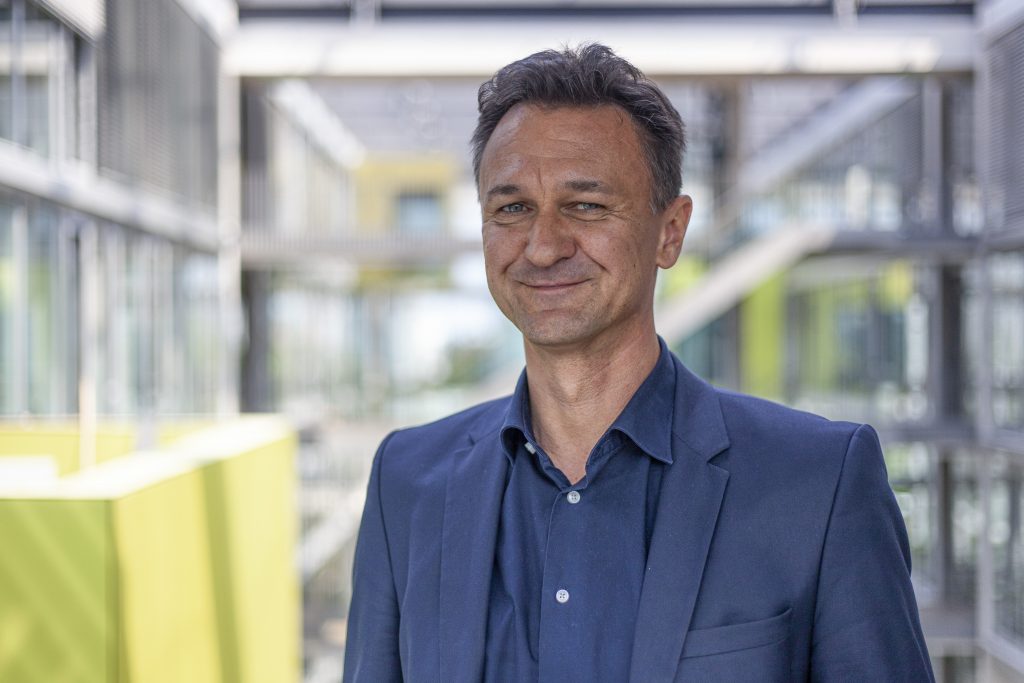
„Our programs include a mix of different formats to make learning varied. In addition to classic online self-learning material in the form of videos and texts, we also see that face-to-face sessions consolidate knowledge more sustainably. That's why we organize live sessions in which experts speak and lead workshops. In group discussions, participants can deepen and reflect on topics. Furthermore, we know that learners need the chance to try things out in order to be able to apply what they have learned in practice: To this end, we develop digital labs and challenges that depict a specific problem that can be practically solved through experimentation."
Wolfgang Lay